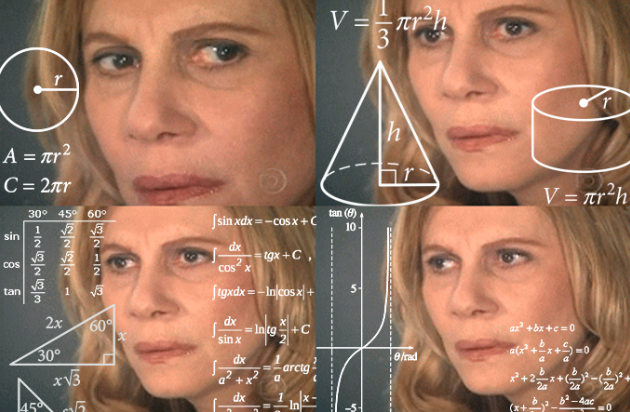Building winning hypotheses: the formula broken down
 By
Becky Madden
·
2 minute read
By
Becky Madden
·
2 minute read
It feels like an age since I was sat in science class at high school, however it was there that I was taught the formula for a proper hypothesis.
Who knew that years later, I would use that little nugget in my marketing career.
Good, effective marketing should be as evidence-based and data-led as is possible within a company.
In my last blog, I wrote about how using hypotheses to articulate ideas, questions and insights gleaned from data analysis, and embedding an operating rhythm of experimentation into a marketing team, helps evolve a potentially wasteful marketing plan into an effective one.
But how to write a good hypothesis? Let’s go back to high school science…
Let’s start with the formula for hypotheses:
If <independent variable/s>, then <dependent variable/s>.”
Independent variables are the elements that you wish to experiment with, or change.
Dependent variables are the elements you’re predicting you’ll see as a result.
Steps to writing a good hypothesis - a working example
Step 1: Note your observation
Start with the observation you’ve made, data you’ve collected, the spark of the idea. Write it down, even if it’s rough and still unclear.
Example:
We noticed that Paid Search CPAs reduced when a broader campaign was in market. After a data deep-dive, we found a similar trend in some previous campaigns, but not others. The common denominator in those campaigns where Paid Search CPAs decreased was a combination of Online video & BVOD, Outdoor and Social. Campaigns with other channels in the mix such as Radio and Digital Display did not see the same level of reduced CPAs.
Step 2: Define your Independent Variables
Jot down the variables within your observation that you can change to create your experiment.
Example:
Channel mix includes: Online Video, BVOD, Social, OutdoorChannel mix excludes: Digital Display, Radio
Step 3: Define your Dependent Variables
Jot down what you expect to see as a result of combining your Independent Variables.
Example:
Replicate reduction in Paid Search CPA, resulting in incrementally more conversions/acquisitions, at a lower overall campaign cost.Step 4: Write up your hypothesis
Use If, Then and ensure it is SMART (Specific, Measurable, Achievable, Realistic, Timely)
Example:
If we relaunch the campaign using a combination of Online Video, BVOD, Outdoor and Social, but exclude Radio and Digital Display, Then we expect that the average CPA for Paid Search will reduce <x%> from <$x> to <$x>, resulting in <x> incremental leads from our baseline average (taken over last <x> period of time) over the next 2 months.
Taking the time to articulate and write down your hypothesis makes it infinitely easier to come back to it and review results to either prove or disprove your hypothesis.
Remember though, your audience and/or customers are constantly evolving… the channels they’re consuming and spending most time in today will change over time. However having a point in time baseline helps you more easily spot the tide changing. Once you notice you’re hitting the point of diminishing returns or metrics within a channel are on the move, you can revisit and reformulate your hypothesis accordingly, and go again.
The benefits of this approach are numerous:
- Less time and money wasted on channel combinations that aren't reaching your audience
- Greater clarity on the formula for an effective marketing plan, which you can then spend time and energy on continuing to test and scale
- Remove some of the mystery from the ‘why did/didn’t that work?', bringing more clarity to your next steps and actions
- Greater speed to pivot ensuring your plans stay effective, not stagnant, creating the capacity to do great work, rather than spending time wondering what just happened and what to do about it
- Your peers or leaders will have confidence in you - no matter what gets thrown at you, you’re all over it while staying calm, organised and efficient.
What’s not to love about getting scientific with your marketing?
Subscribe for a monthly blog wrap up
If you or your company needs coaching on marketing strategy to hit business objectives, I'm here to help.
Let's connect to chat about your needs.



